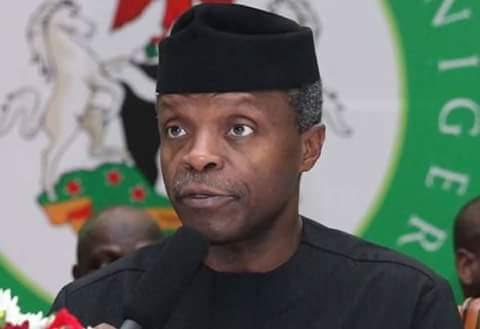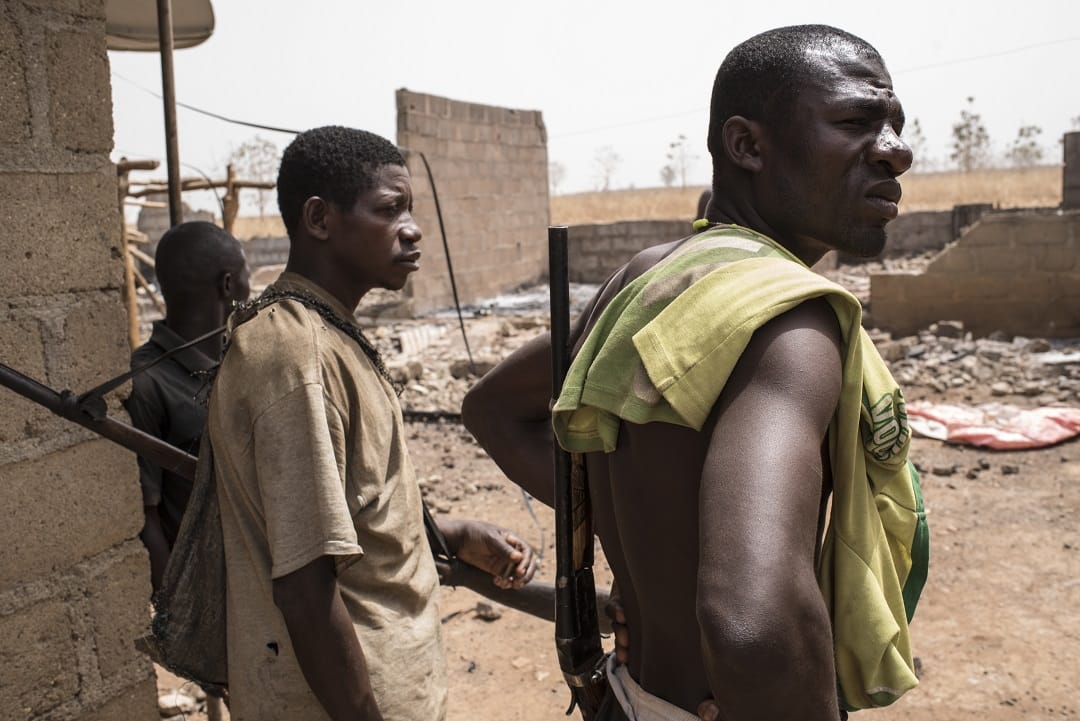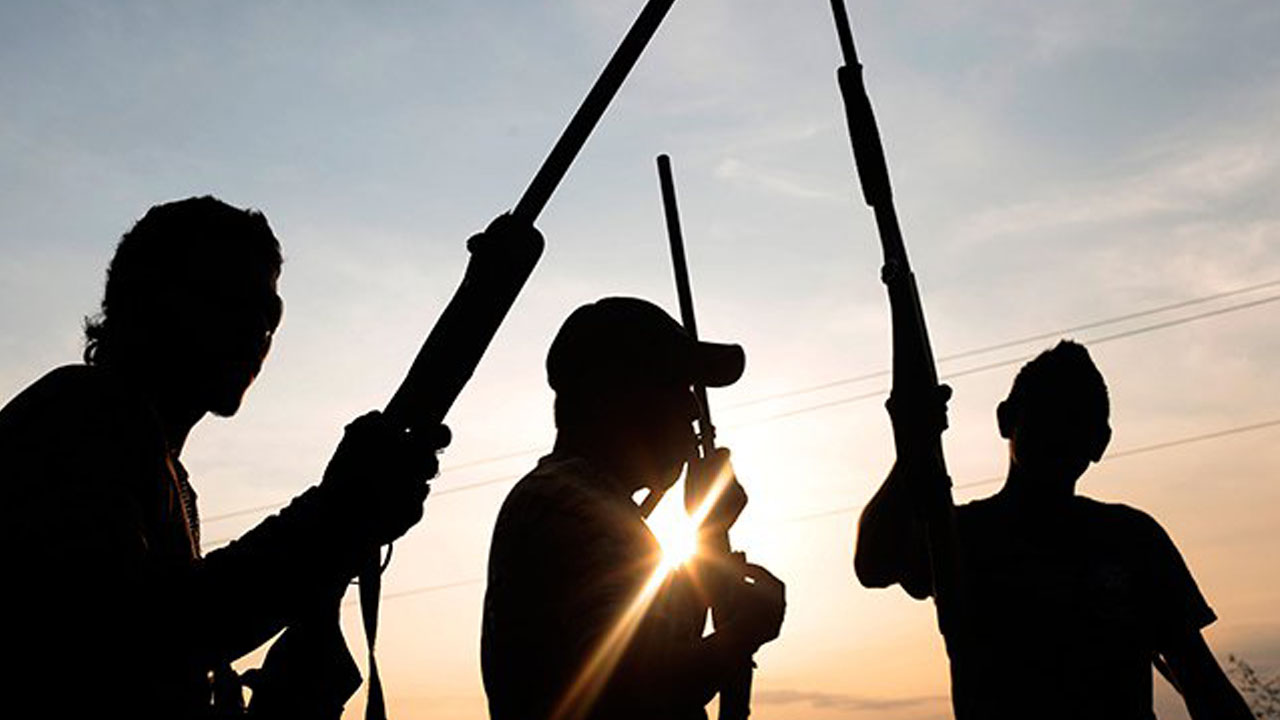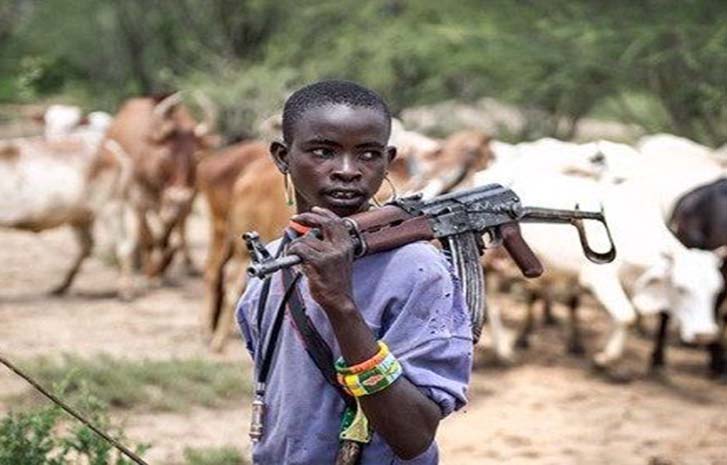Since the federal government lacks power to grab land from states, the cattle herders will have to pay for the land and other services they need for the establishment of cattle colonies proposed to end herder-farmer violence across the nation.
“This is so because the Land Use Act of 1978 puts land under the control of governors on behalf of their states,” he said at the opening ceremony of a two-day summit on national security organised by the Senate in Abuja on Thursday.
“Let me reiterate that on no account will any land be seized or forcefully taken to create ranches or grazing areas. All insinuations to that effect should be disregarded. No one is giving land to herdsmen, as is being falsely alleged,” said Osinbajo.
“Instead, it is in our view that states that are willing and have set aside land for development should cooperate with willing investors in commercially-viable, government-supported ranches or livestock production centres for commercial use.”
But he said certain states in the north already have grazing reserves, though they are degraded and without pasture or water, especially during the dry season.
No fewer than 13 states have agreed to allocate 5,000 hectares of land for ranching or livestock production.
Osinbajo noted that grazing routes leading to these reserves must also be secured.
He explained further that the ranches will have adequate water from boreholes, salt points and pasture and the locations would serve both as forage points and centres for providing extension services to boost animal care, feeding and veterinary facilities, and even abattoirs.
“It is important to note that by and large, in consultation with stakeholders, all agree that where adequate provision is made on a commercial basis, there is no reason why there won’t be cooperation to use those ranches because there are both economic and social benefits for everyone, including herders,” he said.
He also stated that decentralisation of the Nigeria Police Force and creation of state police were some of the ways to go in tackling the herdsmen and farmers’ violence in the country.
“For a country our size to meet the one policeman to 400 persons, the United Nations prescribed ratio, it would require nearly tripling our current police force, far more funding of the police, military and security agencies is required.
“Secondly, we cannot realistically police a country the size of Nigeria centrally from Abuja. State police and other community policing methods are clearly the way to go.
“Thirdly, we must intensify existing collaboration with our neighbours in the Chad Basin, especially border communities, to prevent the movement of small arms, and disarming armed pastoralists and bandits who go through our borders day after day.
“Lastly, we must avoid the dangers of allowing these conflicts to become religious or ethnic conflicts. This is the responsibility of political, religious and all other parts our leadership elite in Nigeria.”
Osinbajo dismissed the claim that President Muhammadu Buhari was indifferent to the killings by Fulani herdsmen because he is Fulani.
“In any event, herdsmen and farmer clashes resulting in deaths have been with us for at least two decades. And I have worked with him for three years now, and I do not know of any one issue that has given him more concern or on which he has spent more time with security chiefs as this particular issue.”
In his speech, Senate President Bukola Saraki stated that the summit was convened as a matter of national urgency.
He pointed out that what Nigeria needed was a leadership that would douse the tension in the country
“It is essential that we lower the barriers in our actions and rhetoric, and refrain from playing politics with a crisis situation in which Nigerians’ lives are being lost, tragically and needlessly, on a regular basis,” he said.
Also in attendance were Deputy Senate President Ike Ekweremadu, Minister of Interior Gen. Abdulrahman Dambazau (retd.), service chiefs and senators.

 Football2 days ago
Football2 days ago
 Business1 week ago
Business1 week ago
 Business1 week ago
Business1 week ago
 Education1 week ago
Education1 week ago
 Crime1 week ago
Crime1 week ago
 Covid-191 week ago
Covid-191 week ago
 Latest6 days ago
Latest6 days ago
 Business1 week ago
Business1 week ago







